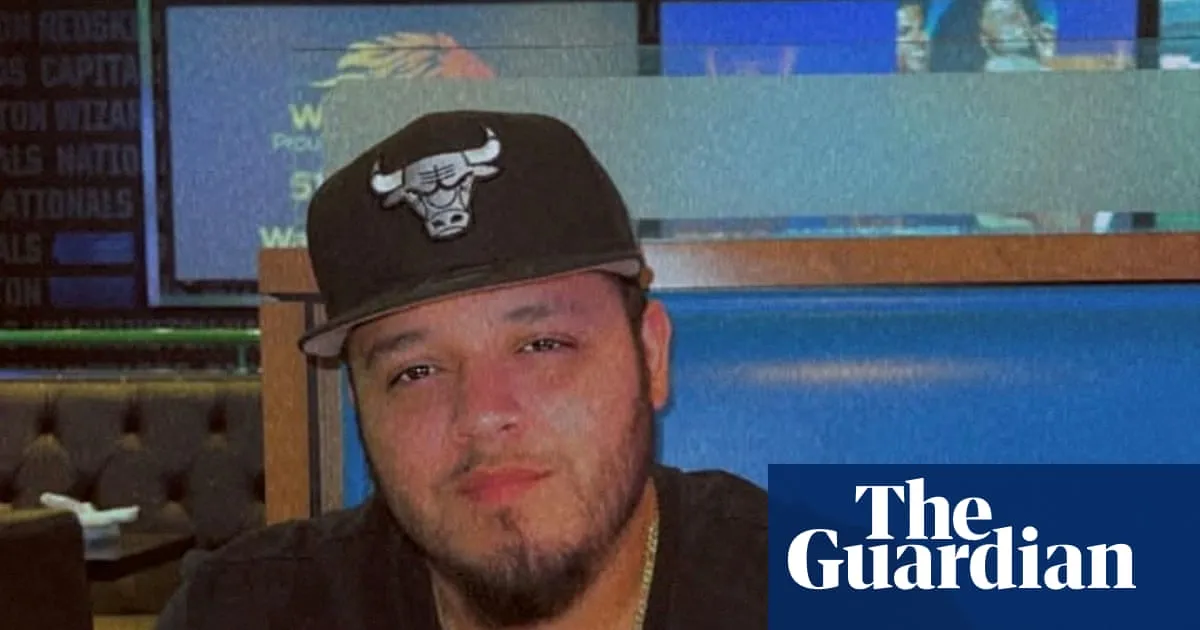
Kilmar Ábrego García has been granted freedom from criminal custody in Tennessee, allowing him to reunite with his family in Maryland while he awaits trial on human smuggling charges. This decision came after a court order issued by Magistrate Judge Barbara Holmes, marking a significant moment for the father of two, who has been in custody since his return to the United States in June following a wrongful deportation to El Salvador earlier this year.
In a statement released after Ábrego's release, his lawyer, Sean Hecker, expressed relief and gratitude. He stated, “Today, Kilmar Ábrego García is free. He is presently en route to his family in Maryland, after being unlawfully arrested and deported, and then imprisoned, all because of the government’s vindictive attack on a man who had the courage to fight back against the administration’s continuing assault on the rule of law. He is grateful that his access to American courts has provided meaningful due process.”
Ábrego entered the United States without permission around 2011 as a teenager, fleeing from the rampant gang violence in El Salvador. He was later granted a federal protection order that prevented his deportation. However, in March, the 30-year-old was deported by federal immigration officials. The Trump administration later acknowledged that Ábrego's deportation was an “administrative error,” yet he has faced repeated accusations of being affiliated with the notorious MS-13 gang. Both Ábrego and his family have strongly denied these allegations.
During his detention at El Salvador’s Terrorism Confinement Center (Cecot), Ábrego reportedly suffered both physical and psychological torture, as outlined in court documents submitted by his legal team in July. These harrowing experiences have drawn significant public attention and concern regarding his treatment while in custody.
Following Ábrego's wrongful deportation, the Trump administration faced mounting pressure to facilitate his return to the United States, including a supreme court order that mandated federal officials to expedite this process. In June, he was returned to the U.S., only to be charged with crimes related to human smuggling—charges that his lawyers have dismissed as “preposterous.” His criminal trial is anticipated to commence in January.
Before his deportation, Kilmar Ábrego García had established a life in Maryland for over a decade, working in construction and being married to an American citizen. His journey reflects the ongoing complexities surrounding immigration, legal rights, and due process in the United States, highlighting both the personal impacts on families and the broader implications of immigration policy.